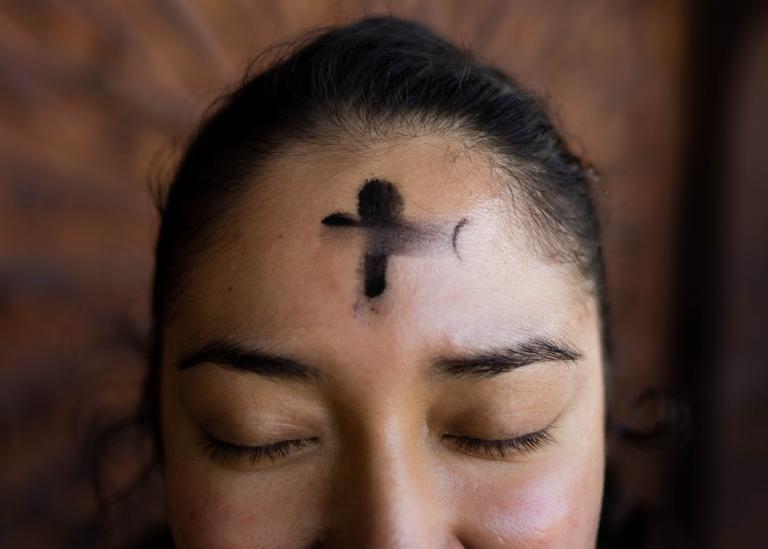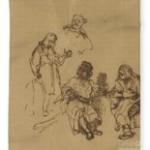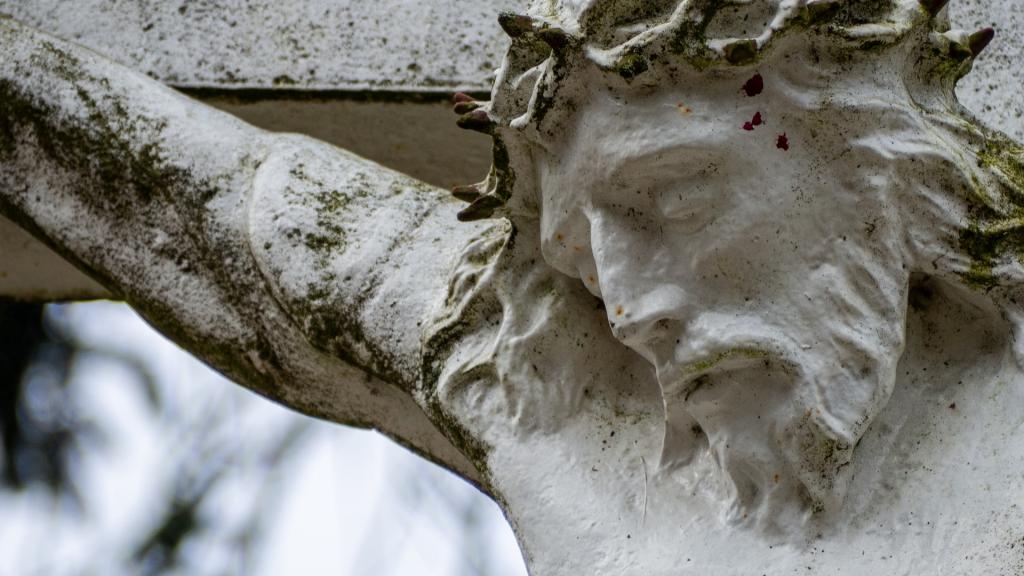Ash Wednesday, like other days in the Christian calendar, is designed to encourage spiritual reflection. But in a culture that is easily bored and longs endlessly for relevance, the nature and purpose of that day is easily lost. So, over the years, we have developed alternative interpretations and observances that don’t require reflection.
“Ashes to Go” makes it possible to receive the imposition of ashes without sitting through the prayers and long silences of the service.
Last year and this one, churches have called on people to spend Ash Wednesday and the Lenten season meditating on societal injustices.
Although there is a good chance that I won’t be heard, I should note – here and now – that there are inspirations behind each of these uses of Ash Wednesday that have undeniable merit. But that does not mean that the day or the Lenten season should be repurposed in those ways.
As the liturgy itself makes clear, Ash Wednesday revolves around the call to repentance and a reminder of our mortality. It is meditation on these two facts of our existence and our dependence upon God around which both Ash Wednesday and the Lenten season revolve. By confronting the church with those perennial truths about ourselves, the liturgy demands that we take time to contemplate our condition. It confronts us with our sinfulness and it reminds us of our mortality – all in the name of receiving the grace of God.
To divert us from those challenges – by narrowing or even eliminating the spiritual demands that the liturgy makes of us – is to run the risk of subverting its purpose. It becomes too easy to assert ourselves, rather than reflect in honest ways on our behavior. It becomes too easy to talk about the sins of others, rather than grapple with our own sin. It becomes too easy to put our sins aside in favor of talking about an institutional or societal failing. And it becomes too easy to rush through the whole day, content in saying that we are too busy – or worse yet, too important – to meditate on our condition.
So, I will start there, as every mortal must and I invite you to do the same. But this is not a morbid exercise.
To be reminded that we are sinful and mortal is to be freed from the mistaken notion that we can save or heal ourselves. To be reminded that we are sinful and mortal is to be reminded that God can heal us. To be reminded that we are sinful and mortal is to be freed to receive that healing, rather than remain trapped in our own futile effort to heal ourselves.
So, while there are moments of sadness in contemplating our sinfulness and mortality, as one of my favorite authors describes it, the sadness of lent is “a bright sadness.”[i] A sadness that comes from recognizing that deliverance and delight, healing and wholeness can be ours.
If – on this night – we remember that we are dust, it is also worth remembering what God can do and has promised to do with dust.[ii] To that God be glory, Father, Son and Holy Spirit. Amen.
[i] Alexander Schmemann, Great Lent, Journey to Pascha (New York: St. Vladimir’s Seminary Press, 1969): 14-15.
[ii] Jan Richardson offers as inspired, poetic picture of those possibilities:
All those days
you felt like dust,
like dirt,
as if all you had to do
was turn your face
toward the wind
and be scattered
to the four corners
or swept away
by the smallest breath
as insubstantial—
did you not know
what the Holy One
can do with dust?
This is the day
we freely say
we are scorched.
This is the hour
we are marked
by what has made it
through the burning.
This is the moment
we ask for the blessing
that lives within
the ancient ashes,
that makes its home
inside the soil of
this sacred earth.
So let us be marked
not for sorrow.
And let us be marked
not for shame.
Let us be marked
not for false humility
or for thinking
we are less
than we are
but for claiming
what God can do
within the dust,
within the dirt,
within the stuff
of which the world
is made
and the stars that blaze
in our bones
and the galaxies that spiral
inside the smudge
we bear.
Photo by Annika Gordon on Unsplash












